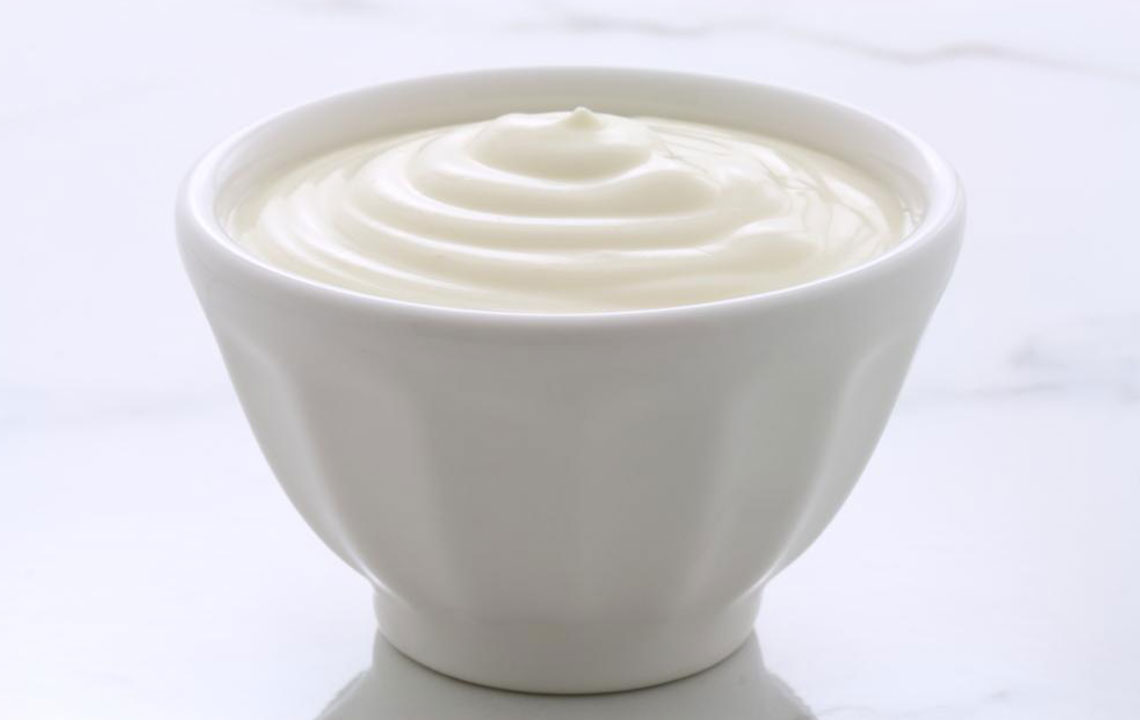
A brief overview of the types of probiotics
Probiotics are microorganisms that are good for your health and are either naturally found inside the body or are naturally available in some foods and supplements. Moreover, these probiotics can be synthetically prepared with strains of beneficial bacteria and yeasts by culturing them. While both are considered to be safe and have no side effects, the naturally available products are better as they are in their purest form. The good bacteria can be broadly classified into two categories- Lactobacillus and Bifidobacterium. Probiotics help in maintaining good health of the digestive system and helps in preventing diarrhea, irritable bowel syndrome (IBS), inflammatory bowel disease (IBD), etc. Also, other health concerns like certain skin conditions like eczema, urinary and vaginal infections, allergies, colds, oral health issues can be kept under check with the support of probiotic strains. Therefore, choosing the right probiotic for women is beneficial in ensuring a good health.
Below some common strains of beneficial gut flora and their benefits have been briefly explained:
- Vaginal lactobacilli: Gardnerella vaginalis is a bacteria that normally adheres to the outer layer of the vagina. The growth of these microbes are controlled by the presence of vaginal lactobacilli. Any loss in the count of these good bacteria can lead to bacterial vaginosis or vaginitis that results in unpleasant discharge and itching in the vaginal area.
- Lactobacillus plantarum: These bacteria help women to fight symptoms related to irritable bowel syndrome.
- Lactobacillus rhamnosus and Lactobacillus reuteri: These bacteria strains are believed to be very effective in reducing risk related to urinary tract infections.
When it comes to women, they are considered to be more susceptible to gut-related issues like constipation and IBS. Usage of probiotics for women can avoid the need of drugs or other strong medication to cure constipation and mild IBS. Studies have proven that strains of like Lactobacillus plantarum can significantly reduce abdominal pain, while Bifidobacterium lactis can ease symptoms of constipation. In addition to these issues, probiotics help contain the common feminine issues due to overgrowth of microbes in the vaginal area. Deficiency in positive gut flora can lead to an imbalance of pH levels of the vagina that are conducive for yeasts to infect and grow. Hence, it is crucial for women to consume an alkaline diet through probiotic supplements.
Probiotic supplements for women can be of two types:
- Vaginal suppository: This requires the probiotic supplement to be inserted into the vaginal cavity to fight harmful microbes to restore bacterial balance within the vagina thereby preventing yeast infections, UTIs, and general vaginitis.
- Dietary supplements: This includes oral consumption of probiotics in the form of capsules which allows for growth of viable bacteria in the intestines and other areas of the body.




